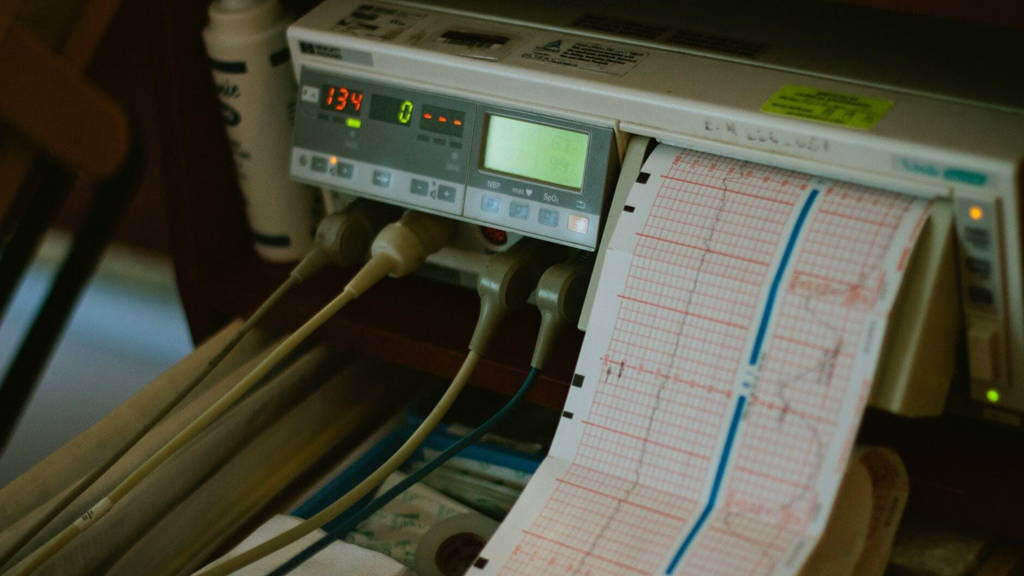More than 300 million electrocardiograms (ECGs) are performed each year worldwide. Even though ECGs are so widely used, their technology has been virtually the same for decades. Research from the University of Cincinnati College of Medicine shows that a newly developed wireless EKG Patch is as accurate, if not more accurate, than traditional ECG devices.
The patch, called EKG Patch Solution, is an all-in-one solution developed by MG Medical Products. It has built-in lead wires attached to pre-built electrodes for easier placement on the chest and eliminating the risk of electrode placement errors.
Easy placement with less chance of error
The simplicity of design and use means that medical personnel do not have to undergo complicated training to place the wearable ECG patch. Moreover, the research done on the patch's performance and effectiveness found that the chance of an artifact caused by one of the leads not being placed properly or firmly enough was reduced by half (50%).
The patch was tested in a prospective, single-blind study in 200 cardiac patients compared with the standard traditional 12-lead ECG procedure. Errors affecting ECG interpretability were detected in 6.5 percent of all Patch EKG procedures. In the standard ECG procedure, the error rate was 15 percent. These errors occurred mainly due to patient movement, the researchers said. The results of the study were published in Clinical Research in Cardiology.
Simplify EKG procedure
According to the manufacturer of the EKG Patch, this wearable technology could significantly change the way an ECG can be performed and increase accessibility for taking ECGs of patients worldwide.
“It only weighs five pounds, and you don't have to wheel a device into the examination room or untangle wires. You don't need technical skills to use it. People take months of classes to learn how to operate a traditional ECG. With this new product, you take a 20-minute course to learn how to make an ECG,” said Jeff McGrath, president of MG Medical Products.
According to the makers, the wireless EKG Patch could be of particular interest to nursing facilities, behavioral health facilities and correctional facilities. The ability to quickly triage acute cardiac symptoms could help reduce the number of hospitalizations of people cared for in these settings.
Philips ePatch
Philips has a similar solution called the ePatch. That works in conjunction with an AI platform to better diagnose cardiac arrhythmias. This innovative solution, deployed at the Martini Hospital and others, has already led to early detection of cardiac arrhythmias in several patients.
Today, there are also solutions that allow people to easily take an ECG themselves. Many smartwatches, such as those from Fitbit, Samsung and Apple, have built-in sensors for this purpose in combination with an app. However, the ECGs produced with them, while giving reliable results, are mainly intended as an indication or warning to contact a (family) physician for further monitoring and possibly making a professional, clinically sound, ECG.







